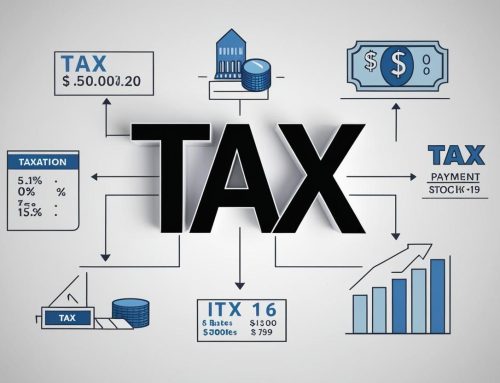October 13, 2022
The International Monetary Fund (IMF) reported on Monday that it had increased its prediction for Albania’s economic growth in 2022 from 3% to 3.7% and encouraged the government to exercise caution in handling escalating risks and maintaining the strong growth momentum.
Following the conclusion of Article IV talks with Albania, the IMF stated in a news release that the country’s strong activity in the tourist, real estate, and services sectors will fuel economic development in 2022.
The IMF predicts that as a result of tighter financial conditions, the recession in Europe, and the required reduction of policy support, Albania’s GDP growth will fall to about 2% in 2023.
The international lender anticipates that Albania’s inflation will reach its high in the upcoming months and return to its objective of 3% by the middle of 2024.
In light of this, the IMF stated that additional monetary tightening is required to control inflation, stating that it anticipates the Bank of Albania to raise its policy rate to 3-3.5% in 2022 and 4-4.5% in 2023.
In order to boost Albania’s capacity for inclusive and sustainable growth, authorities must strengthen their efforts on structural reforms while keeping budgetary support limited in time and focused at the most vulnerable.
The IMF stated that improving public finances’ efficiency and credibility is still essential for sustaining market confidence and reducing rising borrowing costs.
Source: SEE NEWS
Legal Notice: The information in this article is intended for information purposes only. It is not intended for professional information purposes specific to a person or an institution. Every institution has different requirements because of its own circumstances even though they bear a resemblance to each other. Consequently, it is your interest to consult on an expert before taking a decision based on information stated in this article and putting into practice. Neither Karen Audit nor related person or institutions are not responsible for any damages or losses that might occur in consequence of the use of the information in this article by private or formal, real or legal person and institutions.






